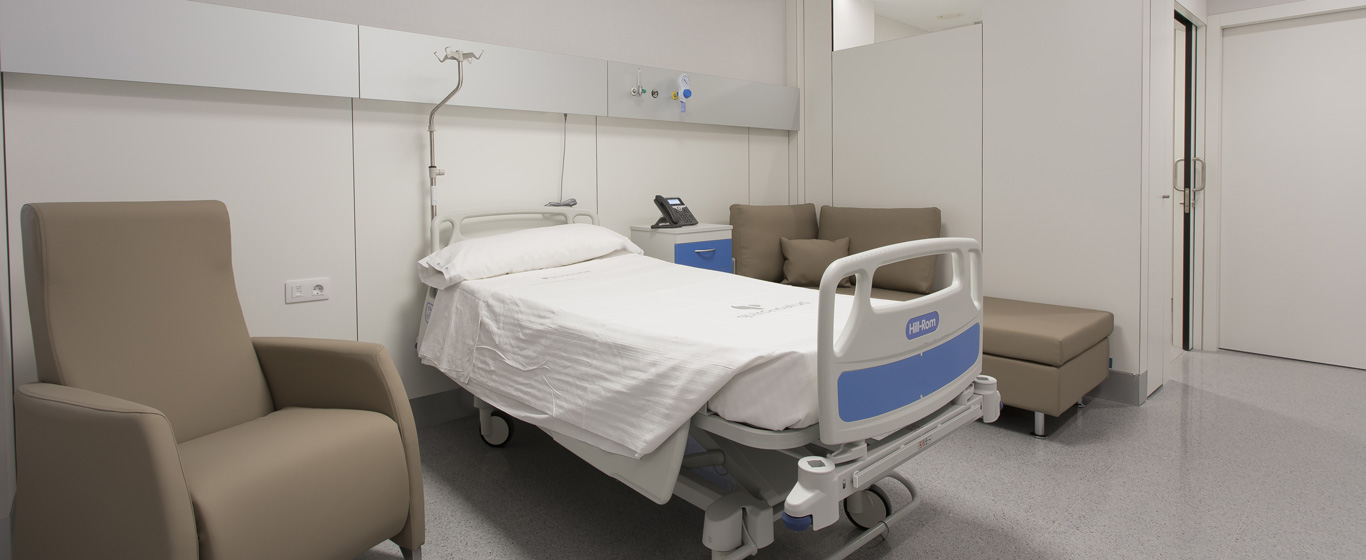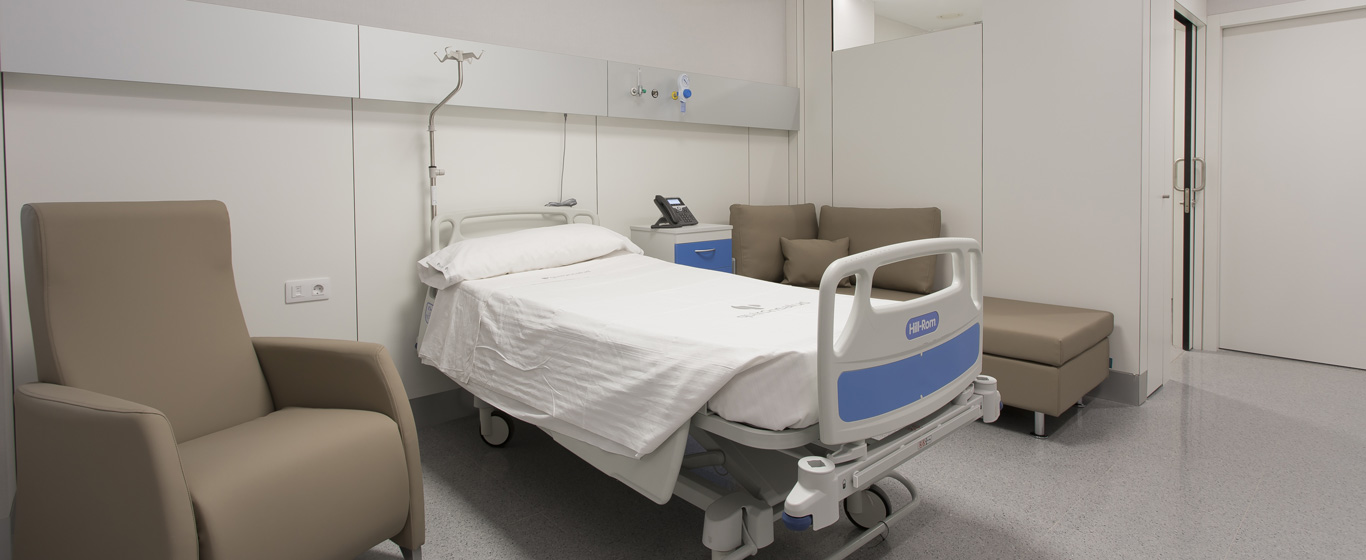Heart Failure
What types of heart failure exist? Information on its causes, symptoms, and the main treatments available.
Symptoms and Causes
Heart failure occurs when the heart does not pump blood properly. If the heart muscle lacks the necessary strength or is too stiff to fill normally, blood often backs up, failing to reach the rest of the body while accumulating in the lungs, causing shortness of breath.
The timing of the diagnosis is crucial for both the prognosis and selecting the most appropriate treatment. Depending on this factor, heart failure can be classified into four degrees:
- Class 1: A mild form of heart failure that does not cause symptoms.
- Class 2: Although it does not affect daily activities, shortness of breath and general fatigue are noticeable.
- Class 3: The disease prevents normal daily tasks.
- Class 4: Acute heart failure that causes shortness of breath even at rest.
Symptoms
The symptoms of heart failure arise from reduced oxygen supply to organs and the high blood pressure caused by the body’s compensatory mechanisms. The most notable symptoms include:
- Dyspnea: The most common symptom of this disease. In mild cases, shortness of breath appears during physical exertion. In severe cases, difficulty breathing is noticeable even at rest, known as orthopnea.
- Edema: Noticeable swelling in the legs, ankles, and feet.
- Wheezing: A whistling sound when breathing.
- Abdominal swelling.
- Persistent cough.
- Nausea.
Causes
Heart failure occurs when the heart is under excessive strain or when the heart muscle does not function properly. This can happen due to:
- A previous myocardial infarction (heart attack)
- Hypertension
- Cardiomyopathy
- Valvular disease
- Congenital heart disease
Risk Factors
In addition to underlying diseases that may cause heart failure, other risk factors for developing the condition include:
- Coronary artery disease, as narrowed blood vessels reduce oxygen supply and weaken the heart.
- Arrhythmias, especially tachycardia.
- Diabetes, as one of its complications is often increased blood pressure.
- Sleep apnea, which reduces the body’s oxygen supply at night.
- Obesity.
- Certain viral infections.
- Alcohol and tobacco consumption.
Complications
Heart failure complications depend on a person’s overall health. The most common complications include:
- Kidney failure when the kidneys do not receive enough oxygen.
- Liver failure due to accumulated fluid potentially damaging the liver.
- Changes in heart morphology, which can lead to other heart conditions.
- Sudden cardiac death.
Prevention
To prevent heart failure, as well as other heart diseases, maintaining a healthy lifestyle is essential. Recommended habits include:
- Regular physical exercise.
- A balanced diet.
- Maintaining a healthy weight.
- Avoiding smoking and alcohol consumption.
What Doctor Treats Heart Failure?
Cardiologists specialize in treating heart failure. Cardiovascular surgeons are involved when surgical intervention is required. Additionally, internists, emergency physicians, and preventive medicine specialists are trained to manage this condition.
Diagnosis
Proper diagnosis of heart failure requires a thorough medical history and physical examination. Additionally, several tests help assess the patient's overall health and heart function:
- Blood tests to detect elevated levels of proteins produced by the heart and blood vessels.
- Chest X-ray to identify signs of fluid in the lungs.
- Echocardiogram, the primary diagnostic test, used to measure heart size and function.
- Magnetic resonance imaging (MRI) or computed tomography (CT scan) to examine the heart’s condition in detail.
- Electrocardiogram (ECG) to record the heart’s electrical activity and detect tachycardia or bradycardia.
Treatment
Depending on the stage and cause of the disease, different treatments may be appropriate. In some cases, a combination of therapies may be necessary to achieve the desired results. The most common treatments include:
- Medications to lower blood pressure, improve circulation, reduce heart rate, or manage fluid retention.
- Coronary revascularization surgery if the cause is ischemic heart disease. Options include angioplasty or coronary bypass surgery.
- Cardiac stimulation devices, such as pacemakers or implantable defibrillators.
- Mechanical assist devices to support heart function and help it pump at a normal rate.
- Heart transplant when other treatments have failed.














































































































